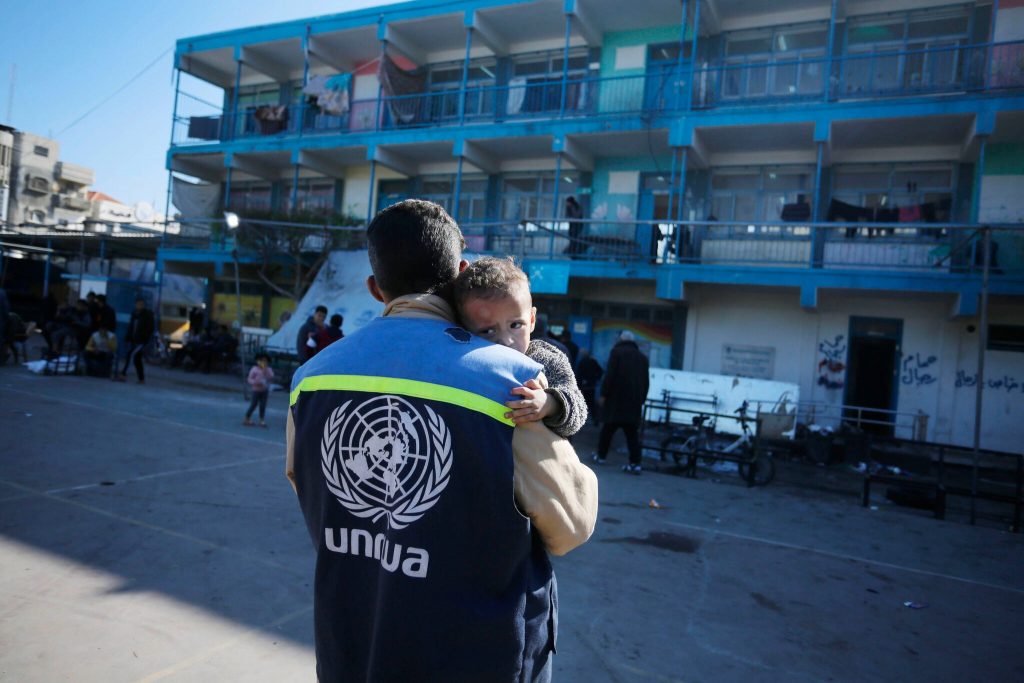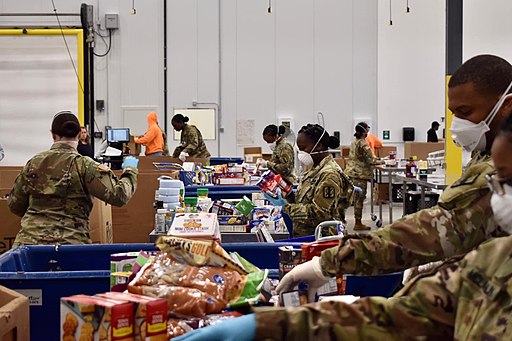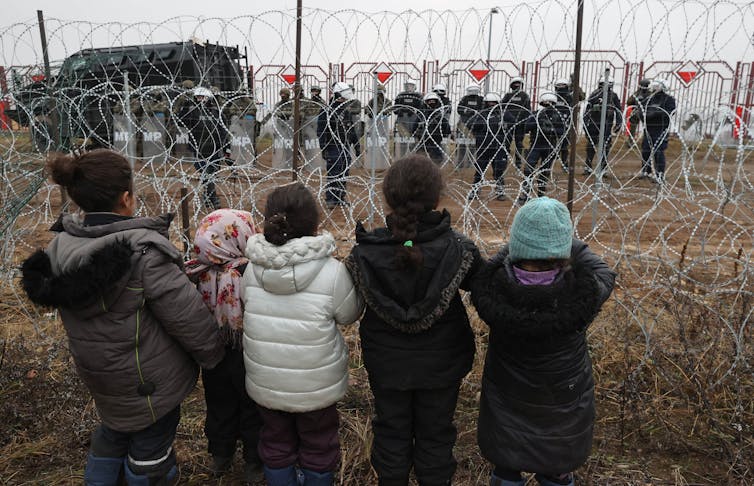“Collectively punishing millions of Palestinians over allegations concerning a few individuals is never acceptable,” said one campaigner. “Other E.U. member states must follow.”
BY Brett Wilkins. Published 3-22-2024 by Common Dreams

As the United States doubled down on banning funds for the United Nations agency for Palestinian refugees, Finland said Friday that it would resume contributions to the lifesaving organization in an implicit rebuke of unsubstantiated Israeli claims—reportedly extracted via torture—that staff members were involved in the October 7 attacks.
Finnish Minister for Foreign Trade and Development Ville Tavio announced during a press conference that the country’s €5 million ($5.4 million) annual contribution to the United Nations Relief and Works Agency for Palestine Refugees in the Near East (UNRWA) would be reinstated, with 10% of the funding reserved for “risk management.”
Continue reading









